I have made a simple code in C++
#include<math.h>
void main()
{
float a,x;
cout<<"Enter value of a"<<endl;
cin>>a;
x = pow(a,0.5);
cout<<x;
}
But it's giving me error:

When I press F12 and go to definition of pow(), these 6 overloads are found:

As we can see, it clearly has one overload for (double, double) and one for (float, float), so why does it give error when I declare a as float and works perfectly when I change its data-type to double?